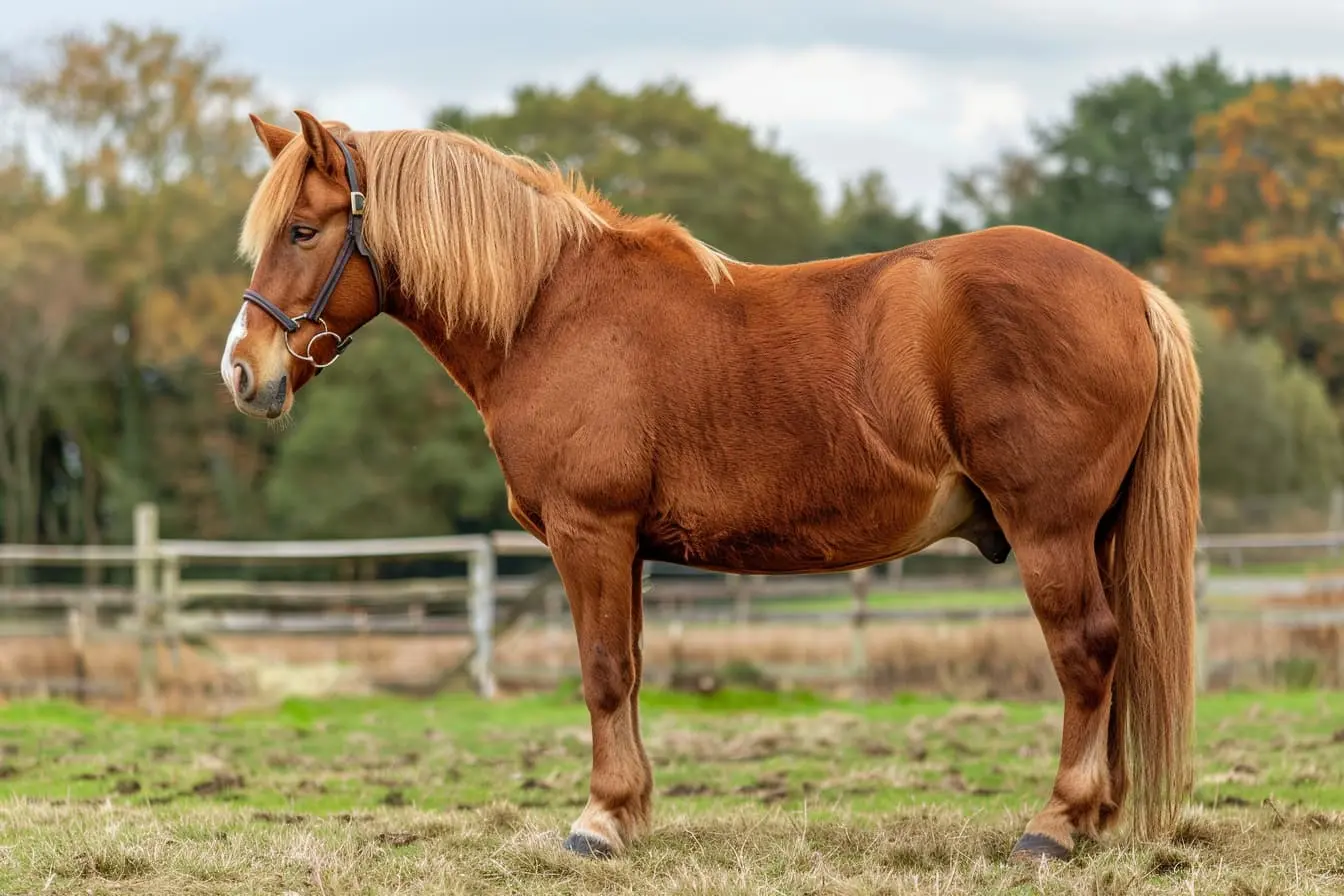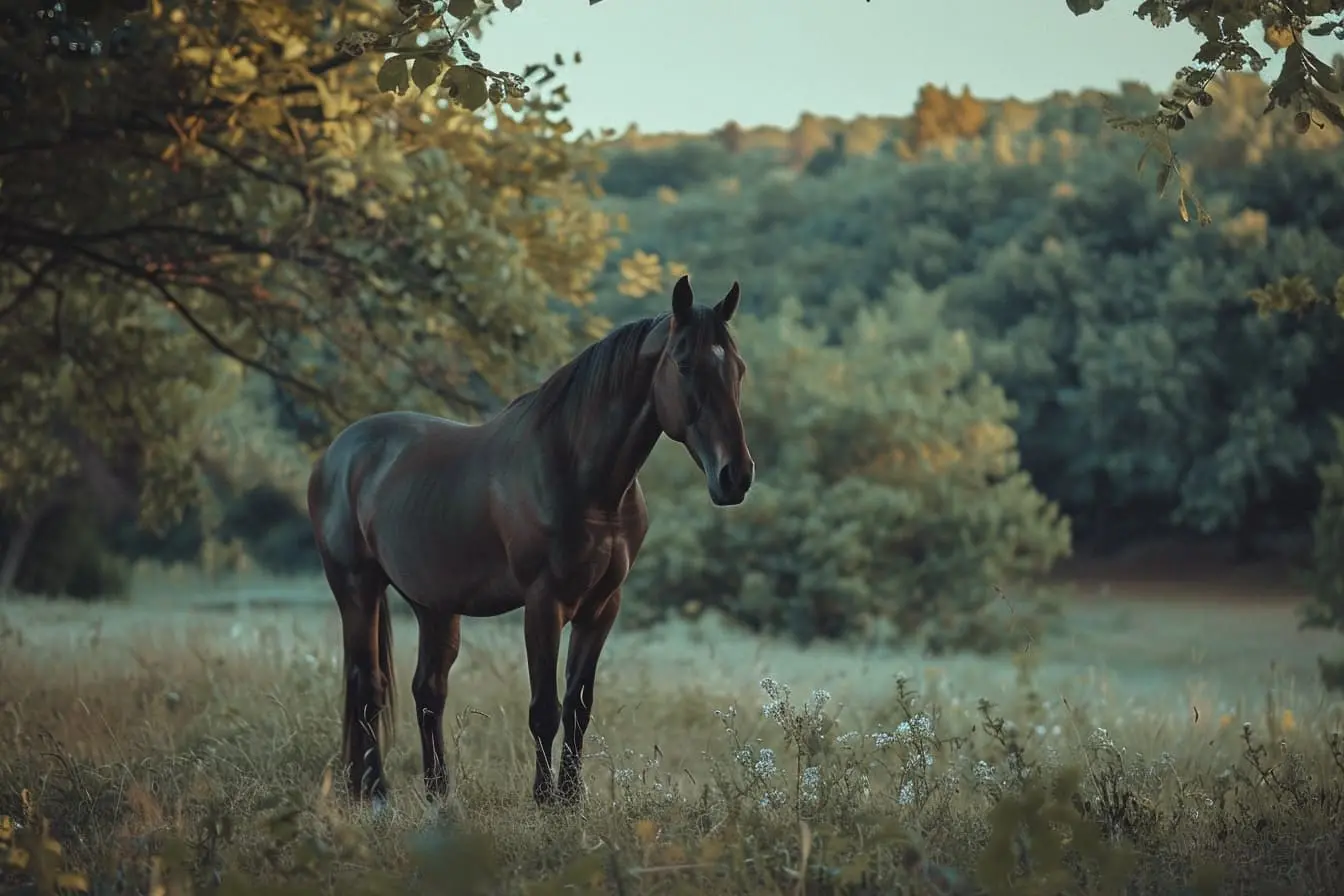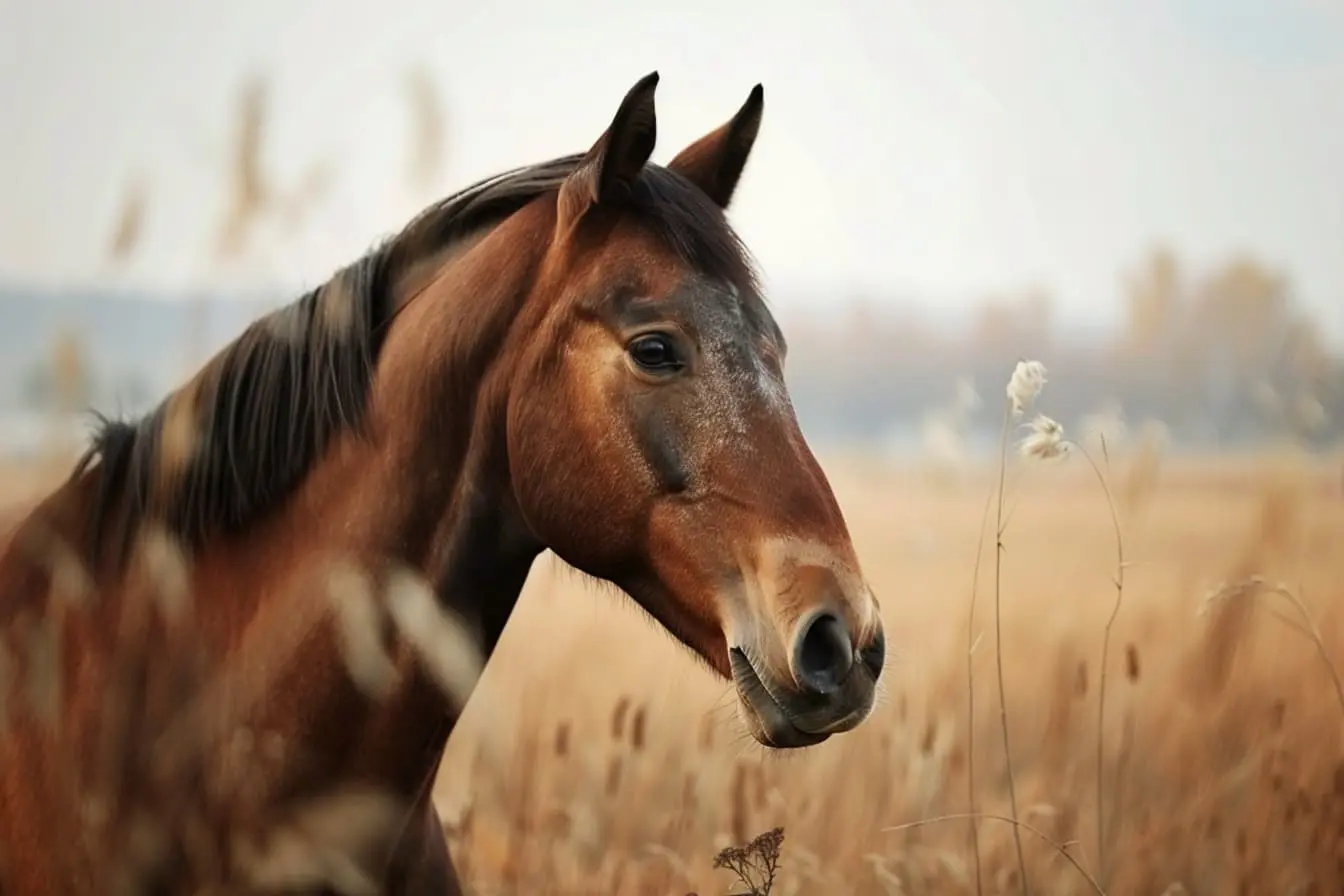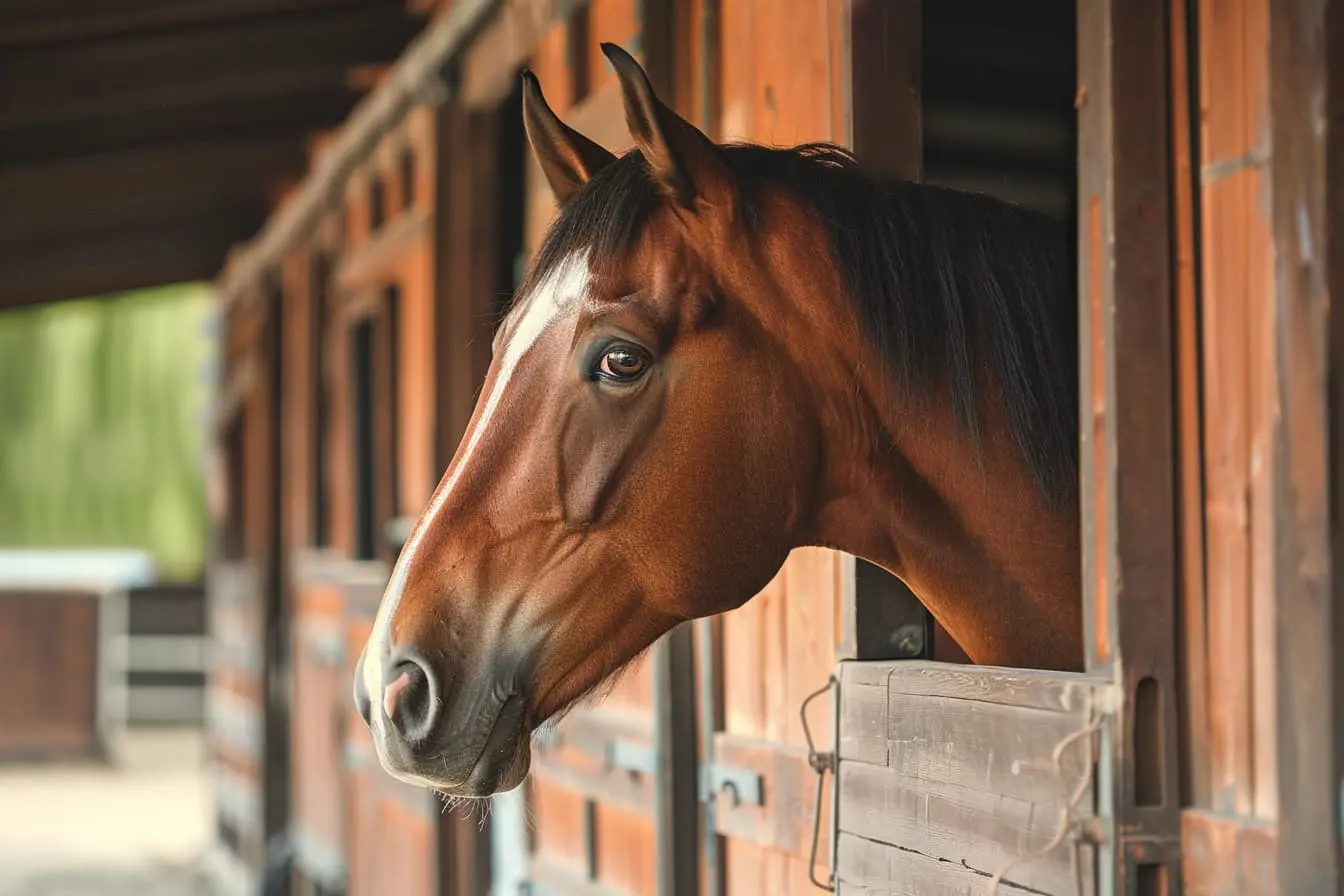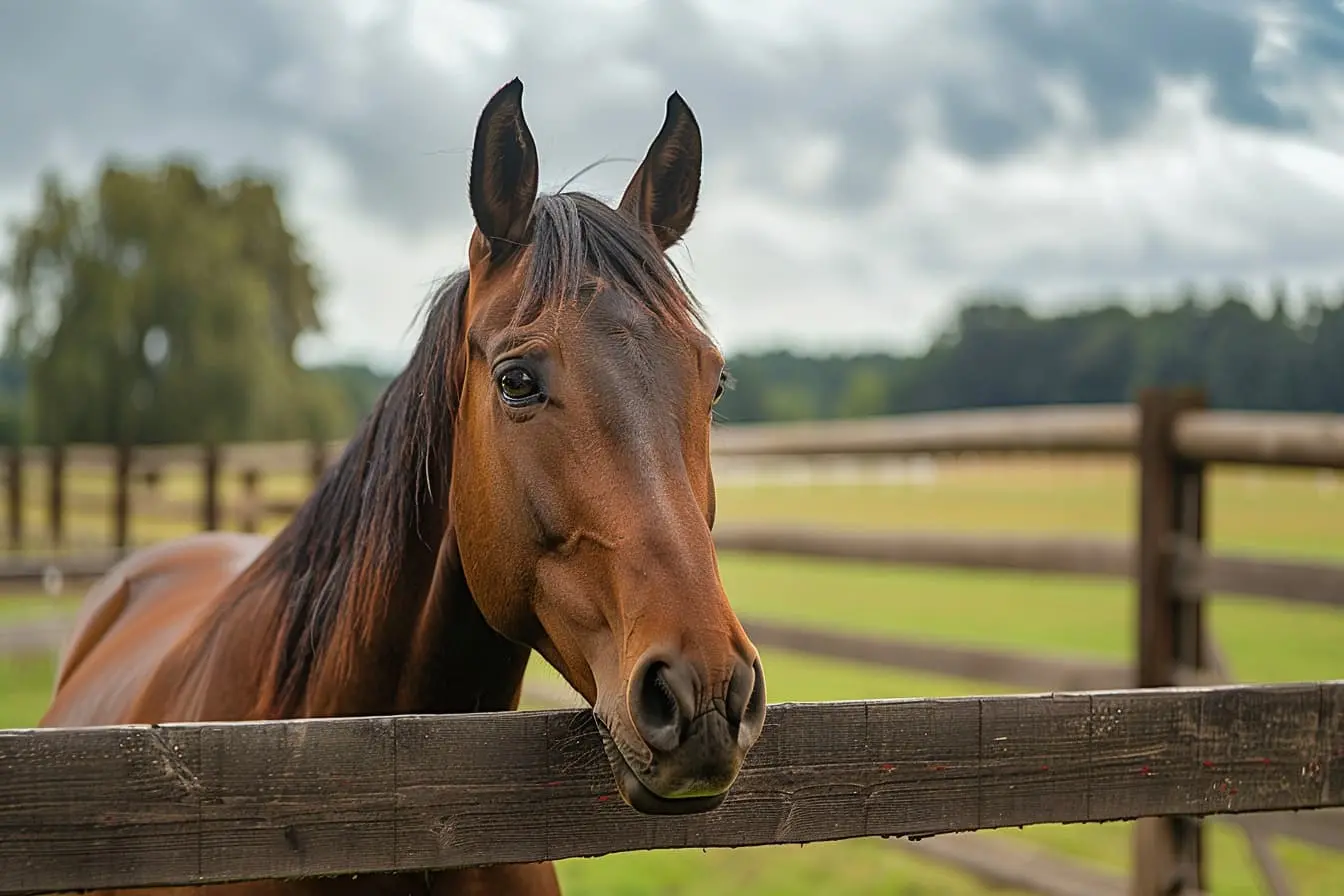
Understanding and Managing Common Horse Ailments: A Guide for Owners
Horses, majestic and strong as they are, can encounter a variety of health issues. As a responsible horse owner, it's essential to recognise the symptoms of common ailments and understand the basics of treatment and prevention. This article delves into some of the most frequent health problems encountered by horses, offering advice on how to manage these conditions.
Colic: The Abdominal Adversary
Colic in horses refers to abdominal pain, which can be caused by various gastrointestinal issues, including gas build-up, intestinal blockages, and more. Symptoms include restlessness, pawing at the ground, and attempting to lie down frequently.
Treatment: Immediate veterinary attention is crucial. The treatment varies based on the cause but may include pain relief, hydration therapy, and in severe cases, surgery. Prevention involves regular deworming, maintaining a consistent feeding schedule, and ensuring access to clean water.
Laminitis: A Hoof Horror
Laminitis is an inflammation of the sensitive layers inside the hoof, leading to severe pain and lameness. It can be triggered by excessive weight bearing on one leg due to injury in another, or metabolic issues related to diet.
Treatment: This condition requires urgent veterinary care. Treatment focuses on pain management, reducing inflammation, and addressing the underlying cause. Dietary adjustments and proper hoof care are critical for recovery and prevention.
Equine Influenza: The Respiratory Risk
Equine influenza is a highly contagious viral respiratory disease. Symptoms include coughing, nasal discharge, fever, and lethargy.
Treatment: Rest is paramount, often requiring several weeks for full recovery. Keeping the horse warm and ensuring good ventilation without drafts can help, alongside veterinary-prescribed medications for symptoms and fever. Vaccination is the most effective prevention method.
Strangles: The Infectious Threat
Strangles is a bacterial infection that causes abscesses in the lymph nodes, difficulty breathing, and swelling around the head and neck. It's highly contagious and can spread rapidly.
Treatment: Isolation is necessary to prevent the spread to other horses. Veterinary intervention will typically involve antibiotics and supportive care to manage symptoms. Good barn hygiene and quarantine protocols are essential for prevention.
Thrush: The Foul Foe of the Foot
Thrush is a fungal infection affecting the horse's hooves, particularly the frog. It's characterised by a foul smell and a black, tar-like discharge.
Treatment: The key to managing thrush is cleanliness. The affected hooves should be cleaned and trimmed by a farrier to remove decayed matter. Antifungal treatments and proper stable management can prevent its recurrence.
Arthritis: The Ache of Age
Arthritis, or joint inflammation, causes pain, stiffness, and swelling in the joints. It's common in older horses but can also result from joint injuries.
Treatment: While arthritis is irreversible, its progression can be slowed with proper care. This includes maintaining an appropriate weight, regular exercise, and anti-inflammatory medications as prescribed by a vet. Joint supplements can also support joint health.
Preventive Measures: The Ounce of Prevention
Prevention is always better than cure. Regular veterinary check-ups, a balanced diet, adequate exercise, and a clean living environment are fundamental in keeping these common ailments at bay. Familiarity with your horse's normal behaviour and condition is crucial, as early detection of issues can significantly improve the outcome.
Owning a horse is a rewarding experience that comes with significant responsibility. Understanding common horse ailments and knowing how to treat them is essential for any horse owner. By staying informed and vigilant, you can ensure your horse remains healthy and happy for years to come.
Vets near you
Speciality vets
- Aquatics vet specialists
- Birds vet specialists
- Camelids vet specialists
- Cats vet specialists
- Cattle vet specialists
- Deer vet specialists
- Dogs vet specialists
- Equines vet specialists
- Exotic vet specialists
- Goats vet specialists
- Pigs vet specialists
- Poultry vet specialists
- Sheep vet specialists
- Small Mammals vet specialists
- Wild vet specialists
Vet facilities
- Accessible by public transport
- Blood testing
- Car park nearby
- Client car park
- Dentistry
- Diagnostic imaging
- Disabled public access
- Flea and worm treatments
- Microchipping
- Mobile services
- Neutering
- Open at weekends
- Out-of-hours service
- Referral interests
- Referrals only
- Street parking outside
- Toilets available
- Vaccinations
